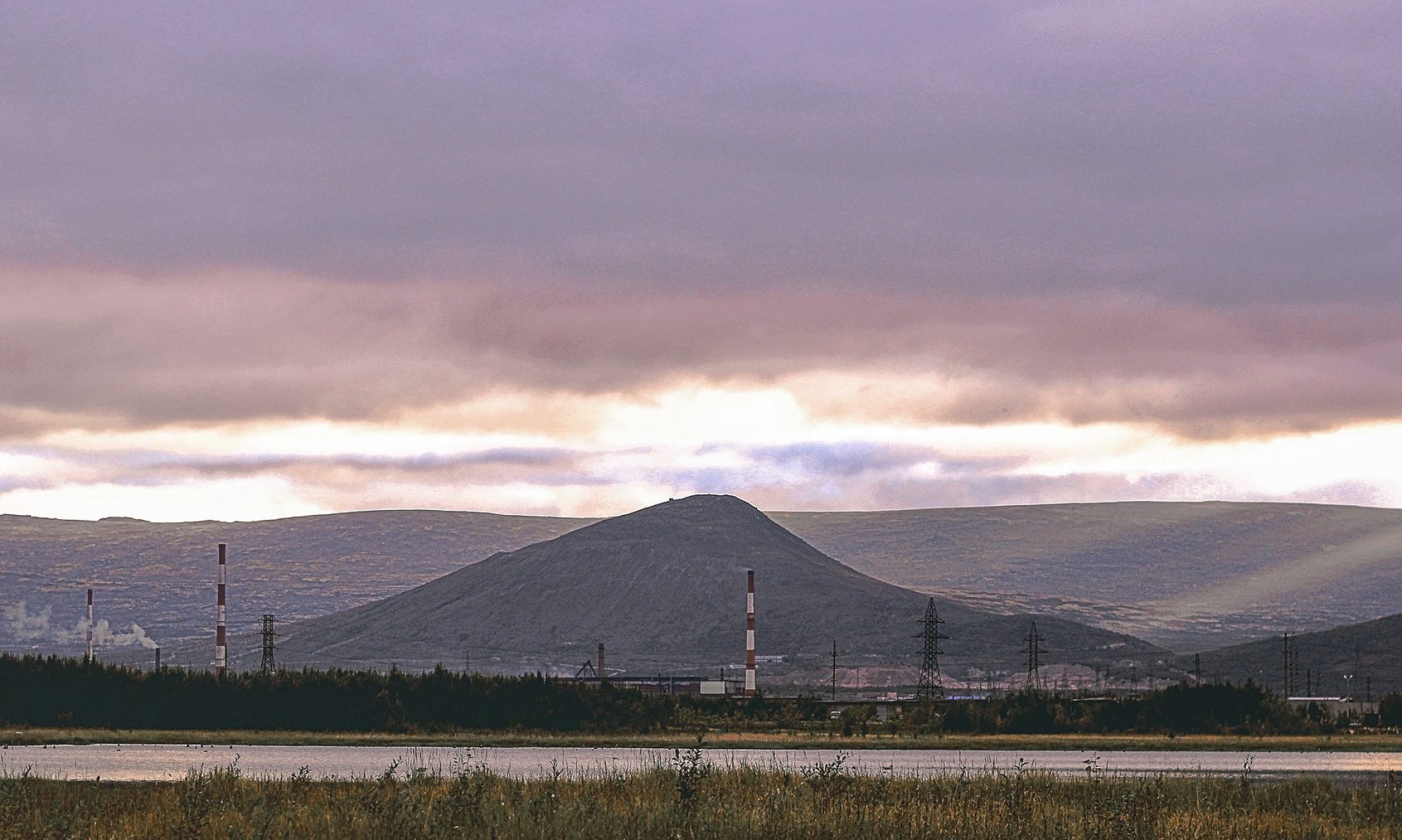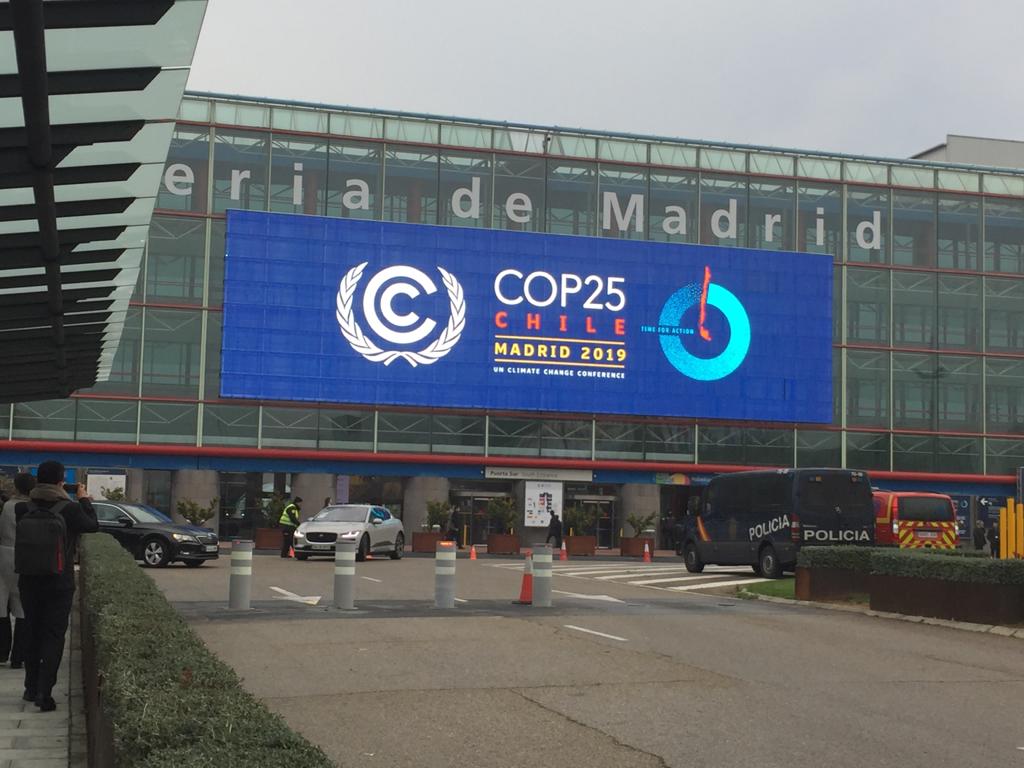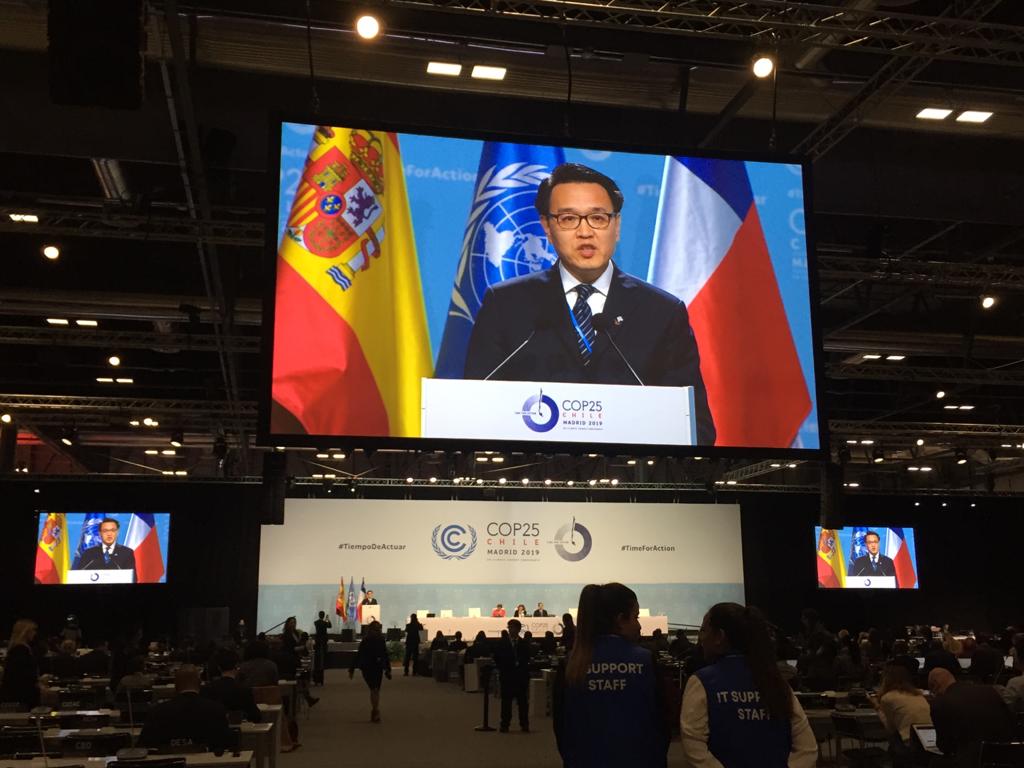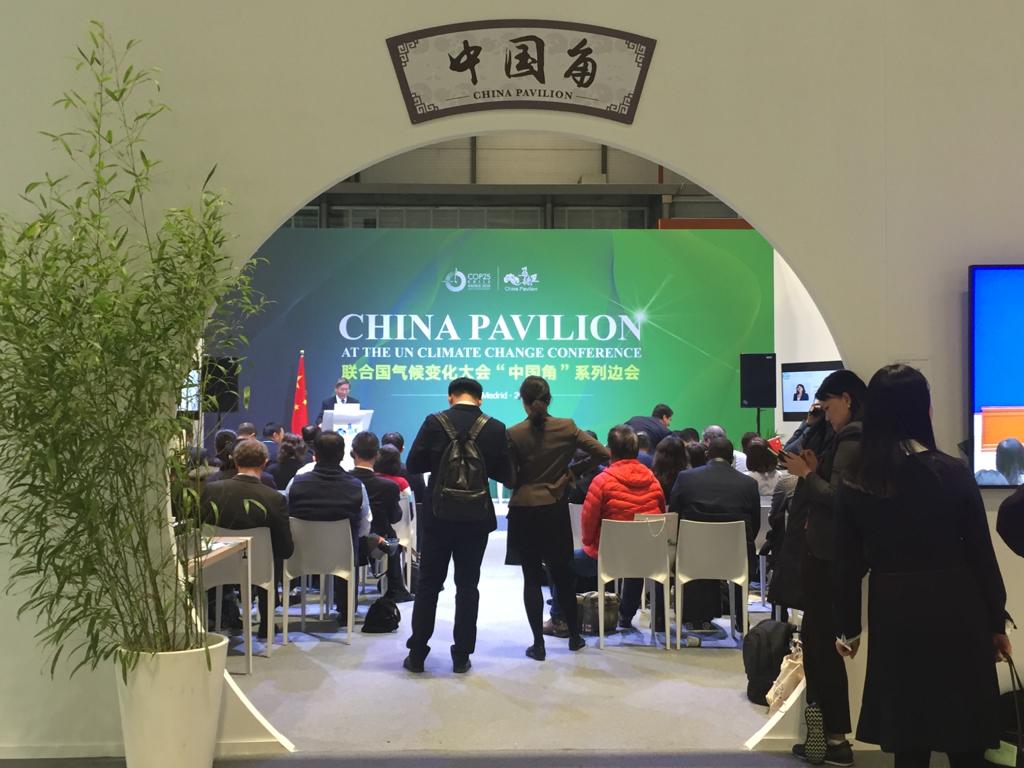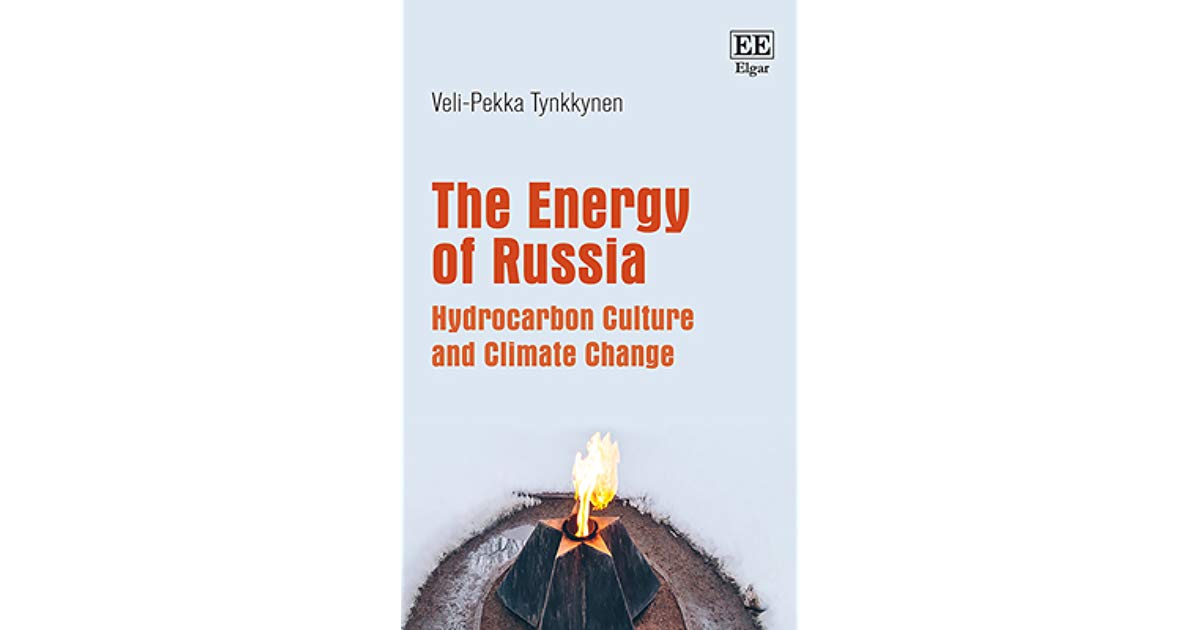Today Professor Tynkkynen appeared on Ykkösaamu radio programme, where he spoke about Russian energy policy and other issues, that he covers in his new book, “The Energy of Russia. Hydrocarbon Culture and Climate Change“. Listen to the talk on Yle website and come today to Tiedekulma at 13:00 to the book presentation.
Venäjän ja Turkin presidentit vihkivät Mustanmeren pohjassa kulkevan kaasuputken
Veli-Pekka Tynkkynen provided his comments for the new article “Venäjän ja Turkin presidentit vihkivät Mustanmeren pohjassa kulkevan kaasuputken” (Russian and Turkish presidents launched passing through the Black Sea bottom gas pipeline), published in Ilta-Sanomat on 8th of January. Professor Tynkkynen says that the new Turkstream pipeline is a significant step towards Russia’s long-term strategic objective of circumventing Ukraine when supplying gas to Europe.
The article can be read online in Finnish.
Venäjän hiilivetykulttuuri ja avaimet sen purkamiseen
This week, on 17th of January, Veli-Pekka Tynkkynen will present his new book “The Energy of Russia” at Tiedekulma. Helsinki University website published an interview with Professor Tynkkynen “Venäjän hiilivetykulttuuri ja avaimet sen purkamiseen” (Russian hydrocarbon culture and the keys to its dismantling), where the readers can learn more about the book and its premise.
Veli-Pekka Tynkkynen’s work “Energy of Russia. Hydrocarbon Culture and Climate Change ”, published in December 2019, is a clear and comprehensive presentation of Russia’s energy policy and its deep links to domestic and foreign policy as well as to Russian identity. The book is particularly valuable because, in addition to presenting the problems, it also offers concrete solutions. There are no easy solutions, but Tynkkynen still encourages trying.
Russia could produce all the energy it needs via renewable energy sources. There are so many areas in a large country ideal for solar power plants, wind farms and hydropower, that there would be plenty of energy to export. Technology is available, and the growing concerns of Russians about both global climate change and local environmental problems are putting pressure on the transition to cleaner energy production. Why doesn’t something happen, though?
– It is unnecessarily pessimistic to say that nothing would happen, comforts Veli-Pekka Tynkkynen, Associate Professor of Russian Environmental Studies There are projects in Russia, for example, aimed at increasing the utilization of wind power. Having said that, however, it must be pointed that while the projects, in absolute terms, may be large, they are mostly cosmetic in the scale of Russian energy production. Russia is helplessly behind the rest of the world, especially the EU, the US and China.
Read this brilliant interview by Niina Into in full on the University’s website.
Atlantic Council Global Energy Forum in Abu Dhabi
From 10th to 12th of January Professor Tynkkynen participated in the 4th annual Global Energy Forum in Abu Dhabi.
The three-day high-level event gathers international and regional political, industry, and thought leaders to set the global energy agenda for the year ahead and examine the longer-term geopolitical and geo-economic implications of the changing energy system. The 2020 conference will focus on the role of oil and gas in the energy transition, financing the future of energy, and interconnections in a new era of geopolitics. Following up on the 2019 Global Energy Forum’s regional focus on East Asia, the 2020 Forum will emphasize South and Southeast Asia as a growing demand center.
Speakers at the 2020 Forum will include: H.E. Dr. Sultan Al Jaber, Minister of State, United Arab Emirates & CEO, ADNOC Group; H.E. Suhail Al Mazrouei, Minister of Energy & Industry, United Arab Emirates; Musabbeh Al-Kaabi, CEO, Petroleum and Petrochemicals, Mubadala Investment Company; H.E. Mohammad Barkindo, Secretary General, Organization of the Petroleum Exporting Countries; H.E. Dr. Tawfiq-e Elahi Chowdhury, Energy Adviser to the Honorable Prime Minister, People’s Republic of Bangladesh; Francis Fannon, Assistant Secretary, Bureau of Energy Resources, US Department of State; Nandita Parshad, Managing Director, Sustainable Infrastructure Group, European Bank for Reconstruction and Development; Majid Jafar, CEO, Crescent Petroleum; Dr. Helima Croft, Managing Director & Global Head of Commodity Strategy, RBC Capital Markets; Manoj Kohli, Executive Chairman, SB Energy; Meg Gentle, President & CEO, Tellurian, Inc.; Adam Sieminski, President, King Abdullah Petroleum Studies and Research Center; Anatol Feygin, Executive Vice President & Chief Commercial Officer, Cheniere Partners; and Steven Kobos, President and Managing Director, Excelerate Energy.
#energytransition in #UnitedArabEmirates with zero #flaring investments in #solarpower #carboncapture #nuclear -> other #petrostate s to learn? @ACGlobalEnergy pic.twitter.com/czuP9MLMht
— Veli-Pekka Tynkkynen (@VPTynkkynen) January 11, 2020
More information on the event can be found here.
COP25 in Madrid
Our PhD candidate Karoliina Hurri participated in the 25th Conference of the Parties (COP25) held in Madrid 2-15 Dec 2019. She was an observer of the University of Helsinki and focused mainly on following the dynamics between the nations within the high-level events and side events organized by China. Below are her thoughts about the COP25 outcome and next year:
Expectations postponed to 2020
The outcome of COP25 has been defined widely as a disappointment because many of the key issues remained unsolved and were pushed to be decided next year in COP26 in Glasgow, UK. Many had high expectations for the COP and the slogan of the conference #TimeforAction boosted the request to increase the ambition in 2019. However, considering the agenda of the COP25 and the global political situation this weak outcome cannot be described as a surprise: COP25 was a technical mid-term conference. Not a political one, like the next year’s COP26 Glasgow will be.
Since COP24, the climate movement has accelerated: people are becoming more aware of the climate emergency we are facing and the demand for higher climate ambition is growing. Sadly, this urgency was not present in the negotiation rooms among the political leaders of the world. In a comparison to the messages of the IPCC Special Report issued in 2018 and for example to the climate movement led by Greta Thunberg, already the agenda of COP25 revealed the slowness of governments and the UN system to answer to the growing demands of people. Climate emergency is moving faster than the governments.
European Union was the first major emitter who scaled up their climate ambition with the goal of becoming carbon neutral by 2050. In addition, the European Green Deal was presented on Wednesday 11th of December, during the second week of COP25. The Finnish Minister of the Environment and Climate, Krista Mikkonen was hoping the deal to gather responses from other Parties to increase their climate ambition. However, for this purpose and within the context of COP25, the deal came too late. After the presentation of the deal, there were only two official negotiation days left. This was a good example that if you want to lead by example, you must give others time to react.
Next year EU needs to enhance their 2030 target and if EU truly wishes to lead by example, the schedule for presenting the 2030 target should be well thought. Parties are expected to submit their nationally determined contributions (NDCs) by 2020 to communicate about their hopefully more ambitious national climate plans. If EU wants others to follow their example, it should review the 2030 target early enough to give time for the others to respond. If EU has not agreed on the 2030 target well before COP26, it does not have the legitimacy to urge others to submit theirs before the deadline, the end of 2020.
The level of climate ambition by EU is crucial especially for the EU-China summit in September. Paris Agreement was largely formulated by China and the United States. United States withdrawing from the agreement next year increases the need for the EU to step up. China will unlikely strengthen its NDC if both EU and the US are uncertain partners in climate ambition.
In addition to the EU-China summit, for me the hope of next year lies in China’s next five-year plan for 2021-2025. The plan and particularly its energy transition and climate targets are globally significant as China has so much potential to reduce its emissions with renewables. The final plan will most likely be approved in early 2021. In COP25, China’s pavilion hosted a number of events related to the renewable sector and the numbers for example in Solar PV Outlook are impressive: “By 2050, PV will become China’s No.1 power source.” There are many plausible opportunities for China to enhance its NDC in different fields.
Considering the amount of work left from COP25 to COP26 and the urgency to truly peak the global emissions, next year should be busy. Because of the stiffness of the UNFCCC process, the G7 and the G20 summits could be potential events for finding common ground among the biggest emitters to upgrade their climate action. However, this hope is diminished by the fact that in 2020 G7 meeting is hosted by the United States and G20 by Saudi Arabia. Both of these countries hindered the progress in COP25 together with Australia and Brazil.
COP25 increased my understanding of effective presidency. This year individual countries such as Brazil and Australia had a loud voice. In addition, the negotiations stretching to the longest COP in history increased the inequality among the parties: many delegations from developing countries did not have the possibility to prolong their stay in Madrid. President of COP26 should make sure that all Parties have the equal possibility to participate in the final hours of the negotiations.
The host for COP26 will be the UK and despite the challenges that Brexit might bring, diplomatic skills of the UK are strong. Thus, the expectations for next year’s presidency are high. For example, in 2015 the French diplomacy played an important role in agreeing on the Paris Agreement.
Next year will set the direction whether governments truly wish to reach the 1.5 ˚C path. The path of 1.5 ˚C is not only about decreasing emissions but also about providing assistance for the ones who need it. Here, for example Finland has more to do. The insufficient climate funding from developed countries and the lack of agreed methodology to calculate the level of financing was visible in COP25 as a decreased trust among the Parties. Developing countries find it difficult to enhance their NDCs next year if they cannot rely on the promises they have been given earlier about the access and amount of funding.
Last year, after COP24 I thought that 2019 would be the year of ambition. After COP25, it is clear that it still was not #TimeforAction. I hope that after COP26 my expectations will not be postponed similarly to the following year but 2020 would prove out to be the year of ambition. For this, 2020 should bring along enhanced NDCs, ambitious long-term strategies, more financial pledges from the developed countries and a COP where urgency is better acknowledged also inside the negotiation rooms.
Onko edessä uusien suurvaltojen aika? Näin energiamullistus ravistelee maailmanpolitiikan valta-asetelmia
Helsingin Sanomat published a large feature article titled “Onko edessä uusien suurvaltojen aika? Näin energiamullistus ravistelee maailmanpolitiikan valta-asetelmia” (Is it time for new superpowers? In this way, the energy change shakes global power setting). The author of the article investigates whether the ongoing energy transition collapse the old energy superpowers and give rise to new ones. Professor Tynkkynen provided a detailed account of Russian perspective:
In terms of export earnings, oil is more important to Russia than gas. Demand for oil is not expected to decline same way as coal. But if that was the case, the blow to Russia would be a big one.
“Russia is dependent on oil and gas, which could lose their market in 30 years. That is not a safe Russia. Therefore, Russia’s uncritical attitude towards hydrocarbons is not harmless,” says Tynkkynen, a Russian energy and environmental specialist.
Tynkkynen reminds that two-thirds of Russian export energy is imported into Europe.
“Therefore it is also our responsibility to help Russia move towards a low-carbon society. ”
The full article can be read either in print or online.
Som liten kille lekte han på gatorna i Moskva, nu forskar han i hur ryska makthavare tänker i energifrågor
A big interview with Professor Tynkkynen was published Svenska Yle. The article and the interview itself are both in Swedish – Veli-Pekka Tynkkynen aims to speak all languages of FInland’s neighbours. The interview tells about his love for languages, new book “The Energy of Russia”, Russian energy and foreign policy, and many other things that Professor Tynkkynen is interested in. Read the interview online on Yle website.
Additionally, you can here to the part of the interview in radio programme Aktuellt, it starts around 25th minute.
The Changing Nature of Russia’s Arctic Presence: A Case Study of Pyramiden
In February 2019 Alina Bykova, a Master’s student at the Centre for European, Russian and Eurasian Studies at the Munk School of Global Affairs, University of Toronto attended our “Russian and Post-socialist environment and energy” research seminar, where she presented a draft version of her Master’s thesis “The changing nature of Russia’s Arctic presence: a case study of Pyramiden”. For her thesis she also interviewed Professor Tynkkynen. The thesis examines the development of Soviet mining colonies on the Norwegian Arctic archipelago of Svalbard (Spitsbergen). Now the thesis is ready and was published as a short article on the Arctic Institute’s website.
Sakari Höysniemi received Kone grant
Our PhD candidate Sakari Höysniemi received 1-year funding from Kone Foundation to finish his dissertation “Between security and sustainability: socio-technical investigations on the development of energy security in Finland”.
The grant was awarded to only 5,8% of the applicants, so we sincerely congratulate Sakari with this absolutely deserved achievement!
“The Energy of Russia. Hydrocarbon Culture and Climate Change” is out
Veli-Pekka Tynkkynen’s new book “The Energy of Russia. Hydrocarbon Culture and Climate Change” has been published.
This timely book analyses the status of hydrocarbon energy in Russia as both a saleable commodity and as a source of societal and political power. Through empirical studies in domestic and foreign policy contexts, Veli-Pekka Tynkkynen explores the development of a hydrocarbon culture in Russia and the impact this has on its politics, identity and approach to climate change and renewable energy.
Cogent and compelling, this book demonstrates how the Russian state leverages its oil and gas reserves in order to create and maintain power both domestically and internationally. Tynkkynen uses empirical studies of key topics such as the national gas programme Gazprom, the Arctic, climate discourse and anthropogenic climate change denial, and the Russia-Finland energy trade to critically examine the situation. The book concludes with a convincing argument for the potential of renewable energy to build a more resilient and sustainable future for Russia and how this might be achieved.
This will prove crucial reading for scholars and students of Russian and Eastern European studies and energy and environmental studies, as well as geographers, anthropologists and political scientists. Those working in governments, international organizations and corporations with an interest in Russian energy will also find its insights useful.
The book can be ordered now online at the publisher’s website.
Additionally, there will be a book launch event organised on 17th of January 2020 at Tiedekulma from 13 to 14. More information can be found on event page on Facebook.
